Publications
Articles, publications, books, tools and multimedia features from the U.S. Institute of Peace provide the latest news, analysis, research findings, practitioner guides and reports, all related to the conflict zones and issues that are at the center of the Institute’s work to prevent and reduce violent conflict.
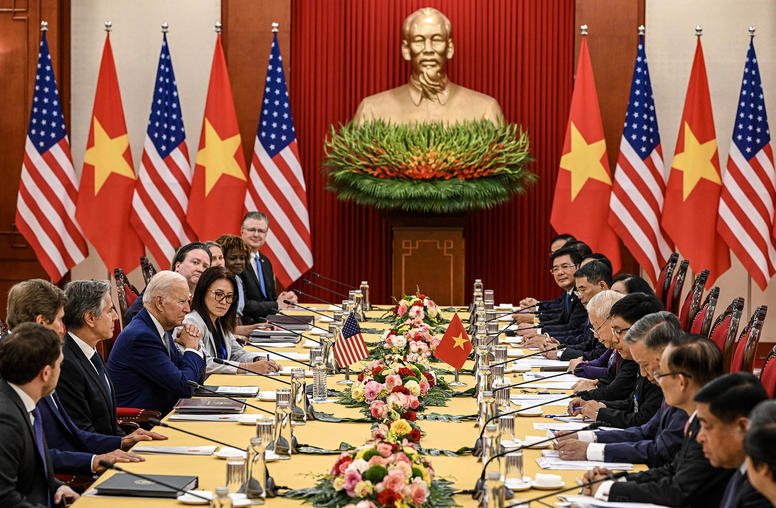
Biden’s Trip to Vietnam Highlights Two-Way Partnership
President Biden’s trip to Hanoi this Sunday signifies the culmination of a 50-year process of rebuilding bilateral relations after the end of the Vietnam War. It is expected that a new “comprehensive strategic partnership”— which is an upgrade from the existing agreement signed in 2013 — will be announced. While many may cast this achievement as a victory for the United States in its burgeoning competition with China, viewing this as a Vietnamese tilt away from China would be mistaken. Instead, the trip represents the evolution of hard-earned trust, cooperation and effective diplomacy — but it does not mean Vietnam is allied with Washington against Beijing.
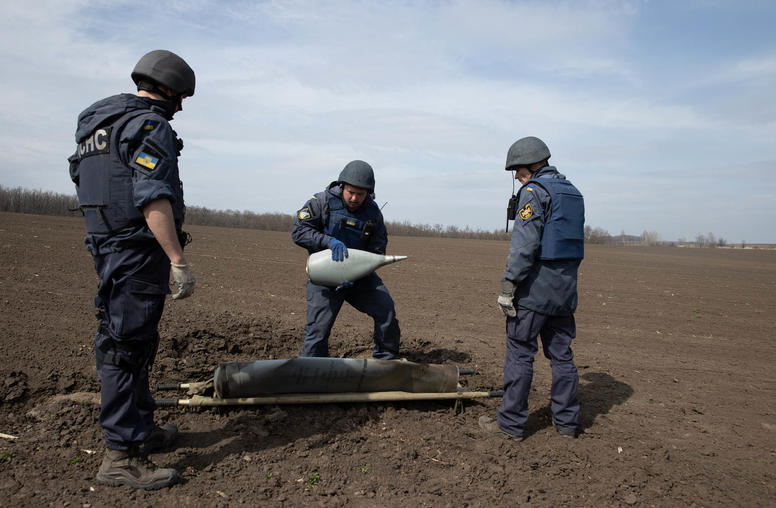
U.S. Sends Mixed Signals with Cluster Munitions and Chemical Weapons Calls
The Biden administration’s National Security Strategy is grounded in a “belief that the rules-based order must remain the foundation for global peace and prosperity.” Yet international security norms have come under increasing threat in the past decade, from China’s construction of artificial islands in the South China Sea to the Syrian government’s use of mustard gas against its own people. Most egregiously, Russia’s unprovoked assault on Ukraine and continuing war crimes threaten basic principles of sovereignty and humanity in international law. Amid the many foreign policy challenges the United States faces, the question it must confront is how to uphold international norms, while still pursuing U.S. interests.

Andrew Wells-Dang on U.S.-Vietnam Relations 48 Years After the War
While U.S.-Vietnam relations have progressed remarkably since the end of the Vietnam War, “we talk about reconciliation as a long-term process … so even though we’re now almost 50 years into the post-war period, that reconciliation process isn’t complete yet,” says USIP’s Andrew Wells-Dang.

Andrew Wells-Dang on U.S.-Vietnam Ties 50 Years After the Paris Peace Accords
Fifty years ago, the accords led to the withdrawal of U.S. military forces from Vietnam, marking an important step toward a post-war settlement between the United States and Vietnam. Now, “There is a lot of cooperation on economic issues, education, security and on resolving the legacies of the war … we have a comprehensive partnership that is 10 years old,” says USIP’S Andrew Wells-Dang.
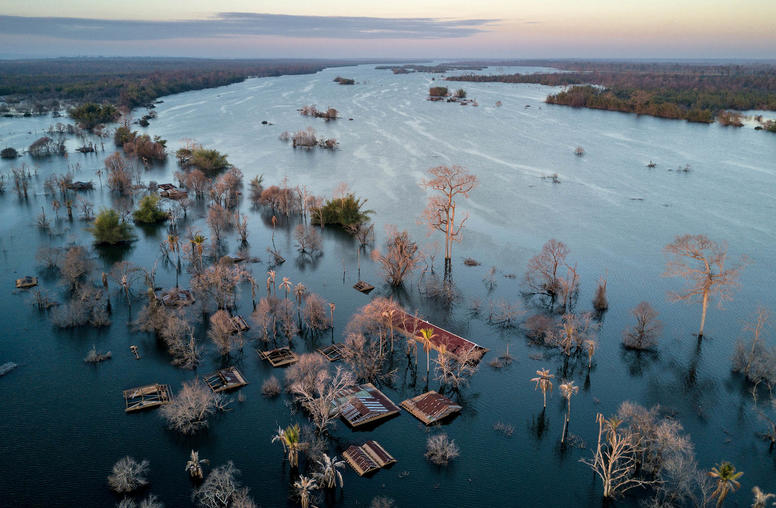
Is the Climate Crisis Leading to ‘Rupture’ in Southeast Asia’s Mekong?
In natural environments and in human societies, pressure for change can build up gradually for years, then suddenly reach a point of no return. Living in the new “Anthropocene” era of climate crisis, people worldwide are increasingly aware of the linkages between ecological, social and political stability. Stress in one of these domains can contribute to a rupture in others. According to human geographer Sango Mahanty, such a rupture is “a dramatic episode of nature-society disruption that is adverse, intense, and ripples across scales” of space and time. In Southeast Asia, one of the most visible instances of rupture is the explosion of dam construction on the Mekong River and its tributaries.
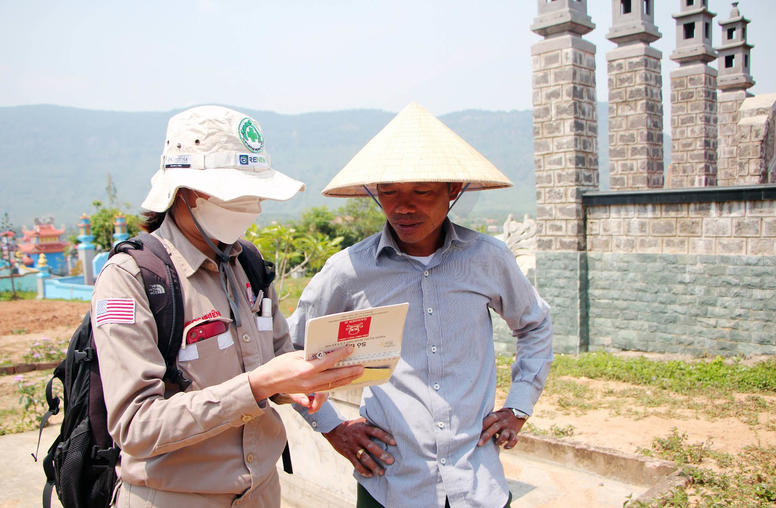
Clearing a Path for Peace in Vietnam
Once a symbol of Vietnam’s north-south division and the site of one of the 20th century’s bloodiest battles, Quang Tri province has quietly become an example of successful postwar reconstruction. Through a concerted effort led by provincial authorities, Quang Tri has reduced unexploded ordnance (UXO) casualties from thousands after the end of the Second Indochina War in 1975, and around 100 per year in the early 2000s, to nearly zero today.

Andrew Wells-Dang on Biden’s Trip to Vietnam
The comprehensive strategic partnership announced during President Biden’s trip to Vietnam marks 50 years of progress between the two countries and an “upgrade of the U.S.-Vietnam relationship to the highest level,” says USIP’s Andrew Wells-Dang, while adding a caveat that “it doesn’t mean Vietnam is becoming a U.S. ally.”
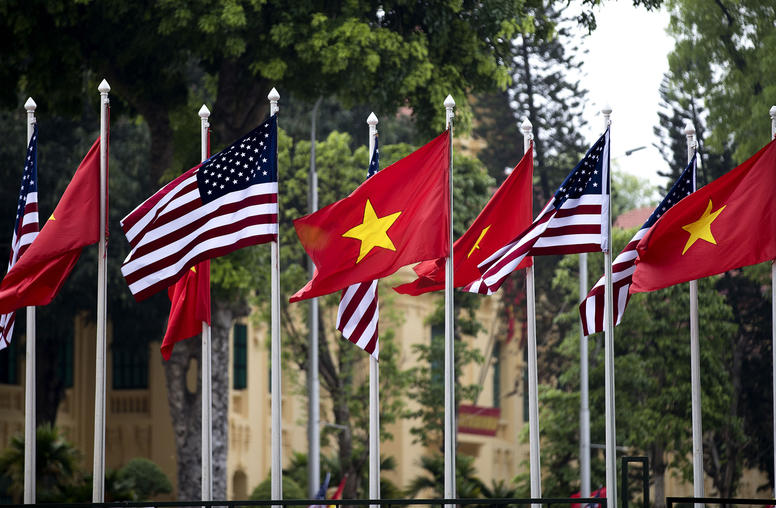
Are There Lessons from Vietnam for U.S. Reconciliation with the Taliban?
The Taliban’s rapid victory in Afghanistan evoked many comparisons to the collapse of the South Vietnamese regime and U.S. evacuation from Saigon in 1975. Ironically, during the same week in late August that the last U.S. forces were withdrawing from Kabul, U.S. Vice President Kamala Harris carried out a remarkably successful visit to Hanoi. U.S.-Vietnam relations have arguably never been better — a stark contrast to the scent of failure in Afghanistan.
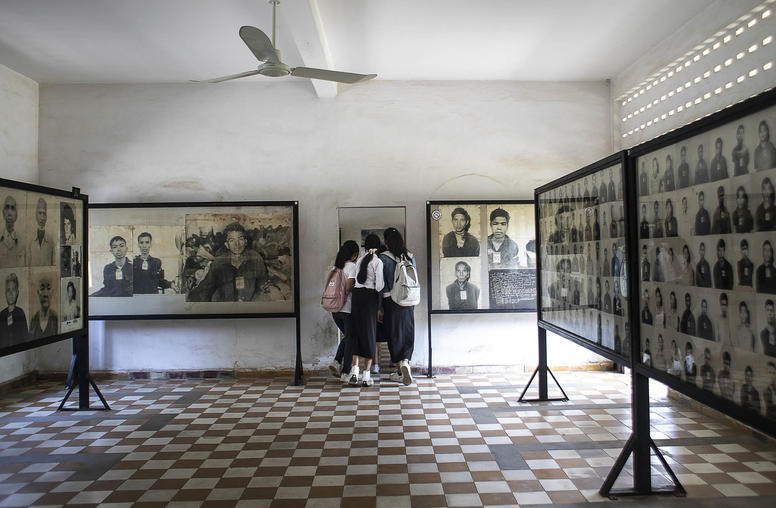
Never Again? The Legacy of Cambodia’s Khmer Rouge Trials
Between 1975 and 1979, the Khmer Rouge regime that ruled over Cambodia committed untold atrocities, with an estimated 1.5 to 2 million people dying of starvation, forced disappearances and extrajudicial killings. In mid-September, over 40 years after its reign of terror, the only formal accountability mechanism to prosecute the Khmer Rouge —the Extraordinary Chambers in the Courts of Cambodia (ECCC) — issued the final decision of its judicial mandate. While the court's legacy is complex, it served an important platform for accountability and reparations for victims. As it moves to a new phase of residual functions over the next three years, the international community should prioritize supporting its work, which is vital to boosting peace and stability and protecting the rights of Cambodians.
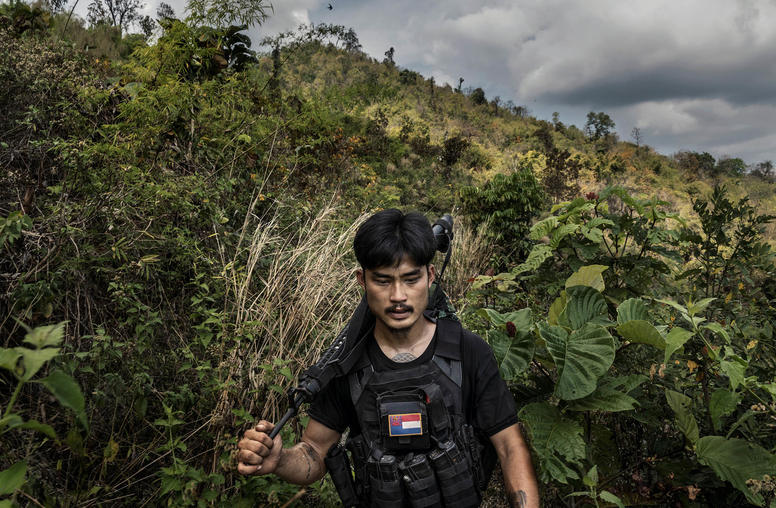
Three Years After Coup, Myanmar’s Generals Face an Existential Crisis
Three years after Myanmar’s military overthrew the country’s democratically elected government, the ruling generals — having suffered humiliating battlefield defeats — face an existential crisis. Victories by the diverse ranks of Myanmar’s resistance have invigorated their morale and they are tightening battlefield coordination despite slow progress toward political consensus. The military, meanwhile, is short of manpower and controls a shrinking percentage of the nation.